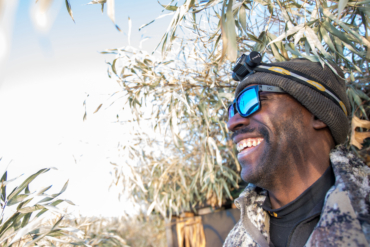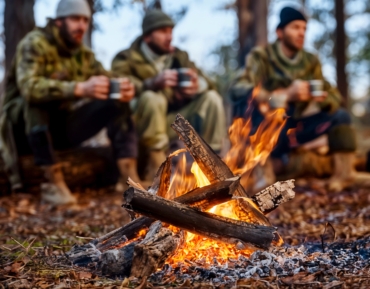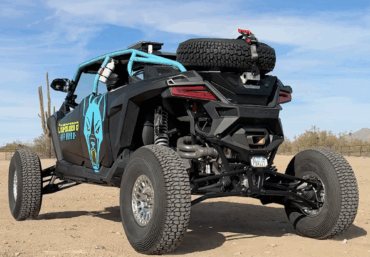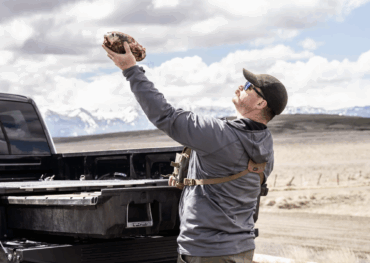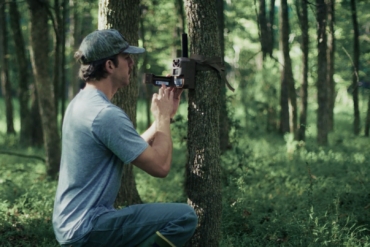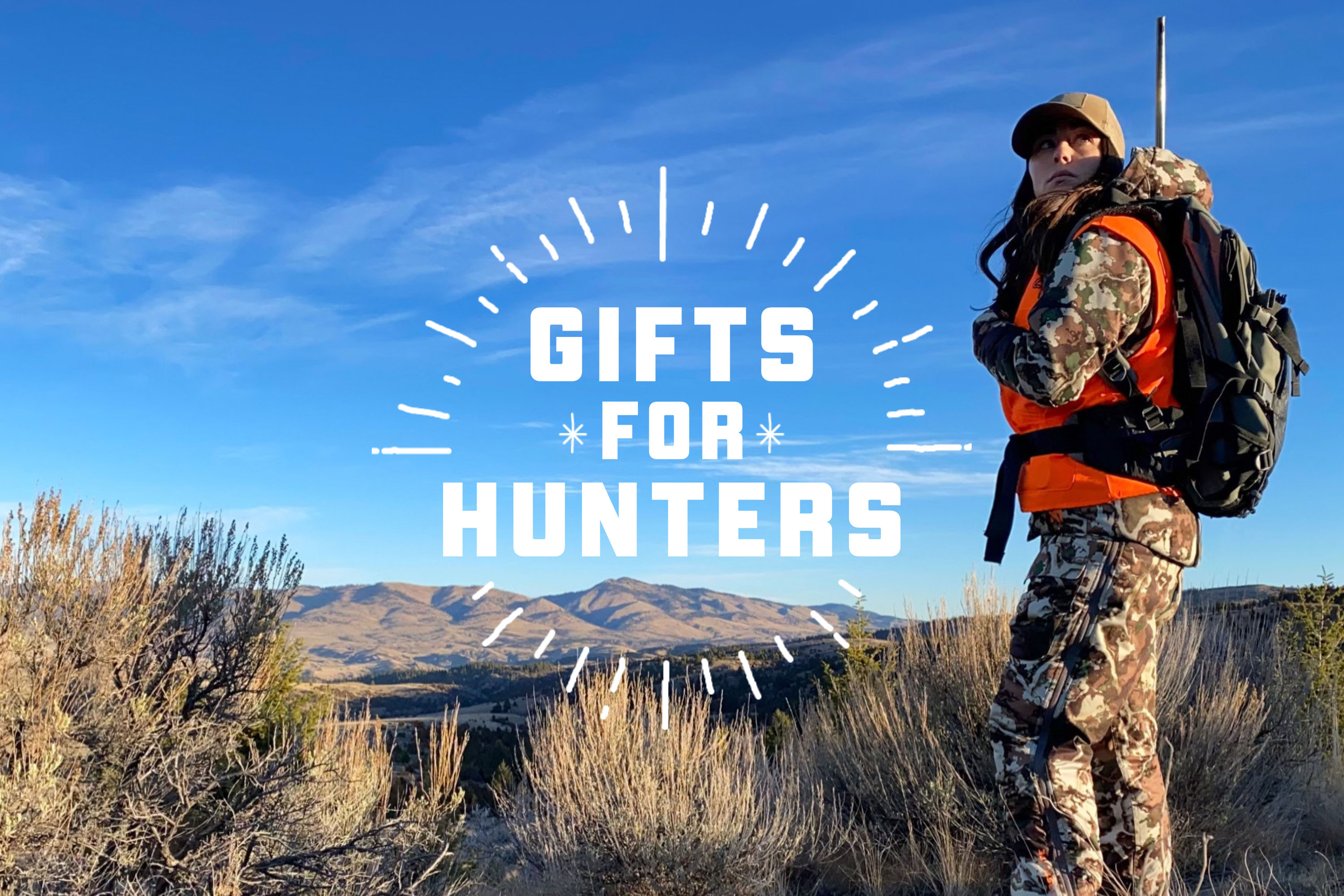Effective November 30, 2017, trophy hunting for grizzly bears in the province of British Columbia will end.
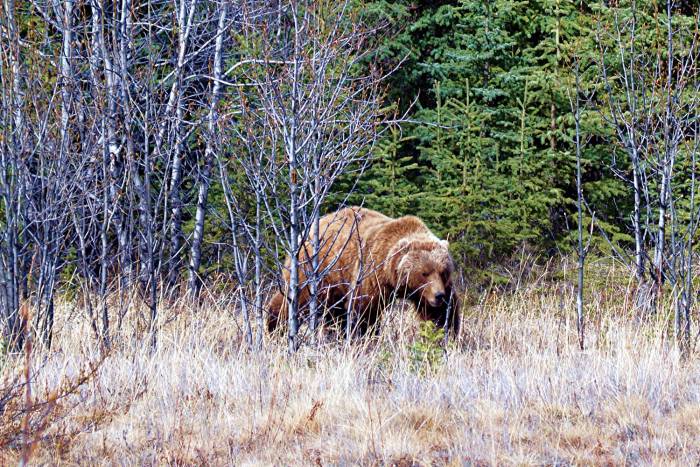
The rainforests, meadows, and parks of British Columbia boast more than 15,000 grizzly bears. Starting later this fall the large carnivores won’t be targeted for trophy hunting.
The government of British Columbia declared an end to trophy hunting grizzly bears, beginning November 30, 2017. The action reflects the demands of British Columbians, conservationists, and First Nations communities.
Of the 15,000 grizzly bears in B.C., 250 are hunted each year. Doug Donaldson, Minister of Forests, Lands, Natural Resource Operations, and Rural Development for B.C. said that number is sustainable.
For the province, however, “society has come to the point in B.C. where they are no longer in favor of the grizzly bear trophy hunt,” Donaldson said at a press conference.
Why The Grizzly Bear Trophy Hunt Ban?
For the past 16 years, the Liberal Party in B.C. stayed in power and kept trophy hunting for grizzly bears viable. In the recent election cycle, the New Democrat Party (NDP) beat out the Liberal Party that kept up the trophy hunt.
During the campaign, the NDP promised to end trophy hunting for grizzly bears. This declaration came following the conservation success story of the Great Bear Rainforest last year.
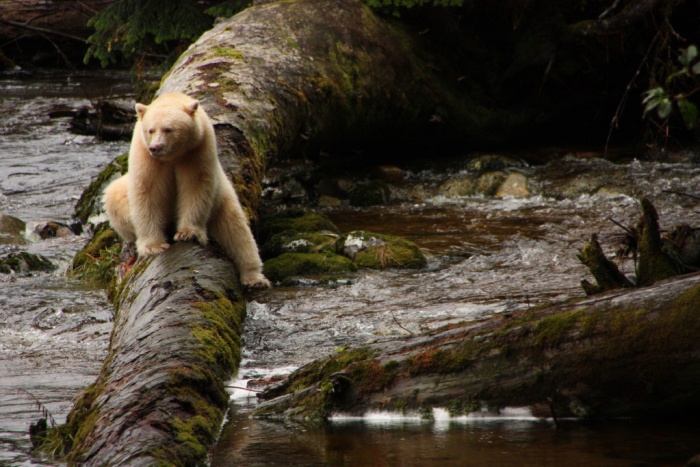
In 2016, the B.C. government reached an agreement with First Nations groups in the Great Bear Rainforest to protect 85 percent of old-growth forests in the 6.4 million hectare park.
“We believe the action we’re taking goes beyond the commitment to Coastal First Nations made as part of the 2016 Great Bear Rainforest agreements,” Donaldson said in a statement yesterday.
According to him, on behalf of British Columbians, “we owe it to generations past and future to do all we can to protect the beauty and uniqueness of the Great Bear Rainforest.”
The province plans to move forward with a renewed wildlife management strategy, and dedicated funding for wildlife and habitat conservation.
Opposition To The Hunting Ban
Hunting guides and outfitters for trophy hunting opposed the statement.
“Shutting down small businesses in this province isn’t going to help grizzly bears,” Mark Werner, President of the Guide Outfitters Association, told CBC News.
His company, B.C. Guide Outfitters, offers guided hunting tours of a variety of animals, with grizzly bear hunts starting at $15,500.
But as Donaldson himself stated, the 250 hunted each year was sustainable. The move confused hunters, who argued the true threat to grizzly populations isn’t hunting.
According to Werner, the real danger to grizzly populations is the loss and degradation of habitat.
Next Steps For Bear Hunters
The province will still allow hunting for meat, as opposed to trophy hunting. It isn’t clear how many of the 250 hunted per year are the result of meat versus trophy hunting. But Chris Genovali executive director of the Raincoast Conservation Foundation, says few hunters take grizzlies for meat.
“Virtually no one legitimately hunts grizzlies for food; killing these bears is strictly a trophy hunt,” Genovali wrote in a statement.
Donaldson plans to consult First Nations and stakeholder groups to determine mechanisms to end the trophy hunt.
For starters, hunters won’t be able to keep the hide, head or paws of the grizzly. And while it isn’t clear how hunters will dispose of these parts, they will not leave the province.
Until November 30th, the hunting season will go on as usual.


